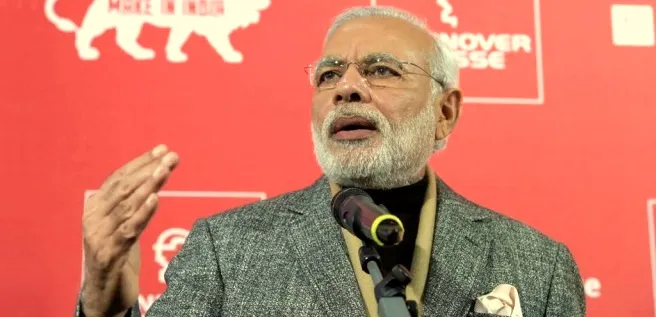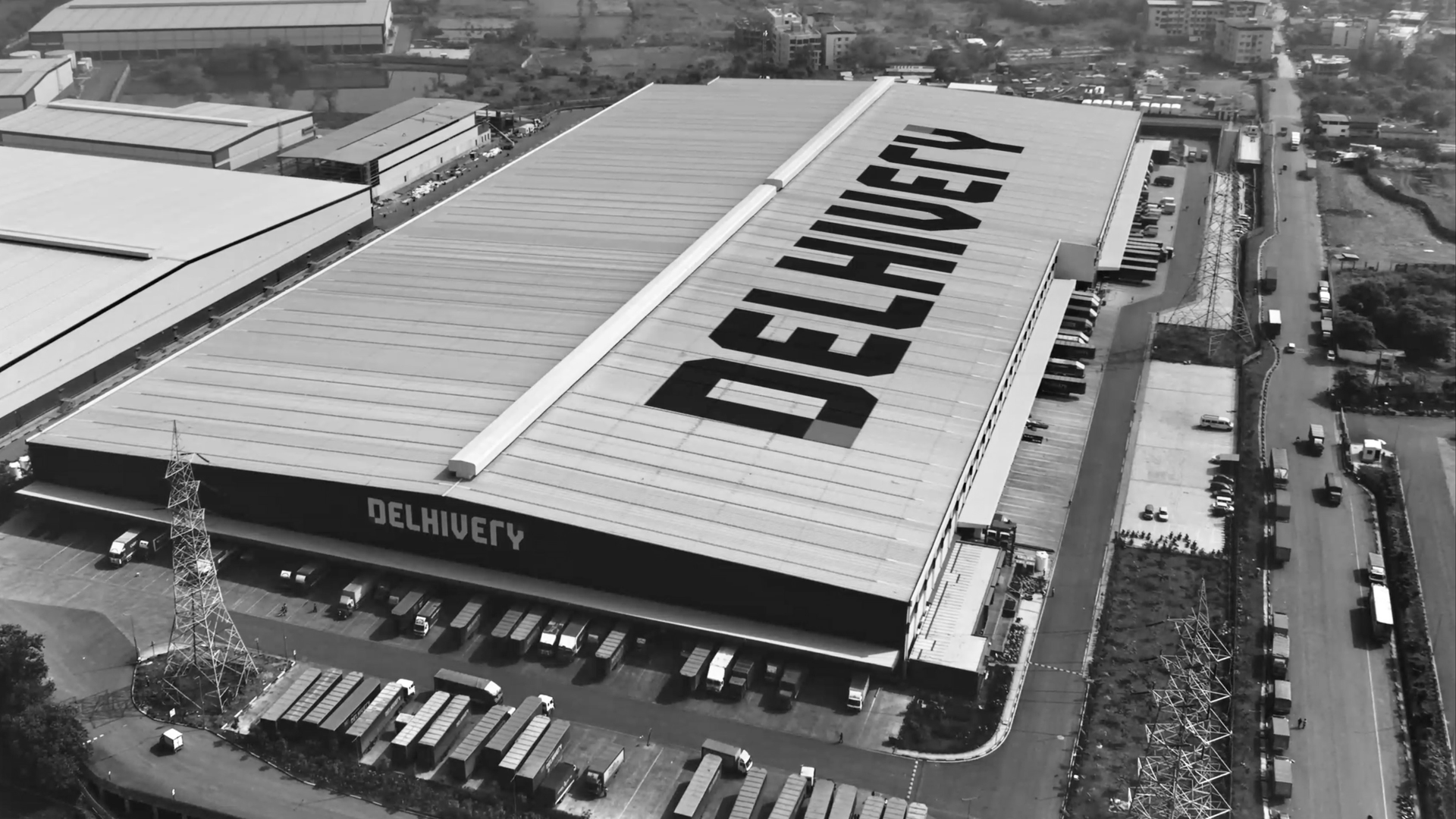How Make in India is benefitting German SMEs and Indian economy at one go
Currently, the programme is supporting 72 German SMEs with an investment of about €650 million, providing about 4,000 jobs in India.
Following Prime Minister Narendra Modi’s visit to Germany in 2015, many German companies had shown interest in participating in the Make In India programme. With the support of the Indian embassy in Berlin and the relevant ministries of government of India, a strategic investment support programme, ‘Make in India Mittelstand’(MIIM), was announced in September 2015 to help German small and medium enterprises (SMEs)—commonly referred to as 'Mittelstand companies'—enter the Indian market.

The programme is facilitating investments in nearly 27 sectors, in line with the Make in India initiative. These can be broadly categorised as the following (along with their share of investment):
- Industrial: machine tools, textiles, electric/electronics, glass manufacturers
- Environment: water, solid and waste water management solutions providers, fuel cells, renewable energy
- Infrastructure: building material, construction technology
- Mobility: automotive components
- Consumer goods: white goods (large electrical goods, typically white in colour)
- Others: aerospace, security and surveillance, pharma, and packaging
Under the MIIM programme, companies are also supported through regular workshops on topics like 'Economics of Localisation and Sourcing in India', 'Logistics and Supply Chain Challenges', 'Location Assessment and Investment Zone Options'. These workshops prepare the companies well in advance before their market entry into India. Apart from workshops, MIIM offers webinars and round tables to generate further comfort and ease for the German Mittelstand companies intending to localise in India.
Impact of MIIM–case studies
The MIIM programme has been designed to act as the local fast track for German companies planning to invest in India. Currently, the programme is supporting 72 German SMEs with a declared investment of about €650 million and providing 4,000 jobs in India. This will translate into 31 new manufacturing plants, 11 expansion projects, and two pilot projects in the short-to-medium term.
Amongst the MIIM companies, many have successfully made a foray into India through the programme, and around 40 companies are at an advanced stage of their market entry into India.
For example, Senvion, a German wind energy company and MIIM member, was assisted for assessing the location options in Maharashtra and Gujarat. In 2016, Senvion acquired the wind turbine nacelle production facilities and infrastructure, complete product portfolio suite, wind turbine inventory, and the service operations of Kenersys India, Baramati (Maharashtra).
Thd MIIM team assisted Verbio, a German manufacturer and supplier of bio-fuels, in selecting a state for the pilot plant, and also played a role in the company's incorporation in India. Moreover, the team connected Verbio with key government stakeholders to ensure policy transparency.
Wiesner Steuerungstechnik GmbH, a typical German Mittelstand manufacturer of production and test equipment, launched its first Make in India product, reflecting the cooperation between German and Indian companies. The MIIM programme had assisted the company with its expansion in Sompura Industrial Area of Karnataka. There are many similar successful stories arising from the MIIM initiative.
The current state and partnerships
Today, MIIM has tied up with multiple partners in order to facilitate the Mittelstand companies who were facing challenges with land allotment and location analysis, emerging market entry financing, market assessment, technical feasibility, transparency on tax legalities, liasoning with government authorities and industry stakeholders, human resource identification and recruitment. These partners include EAC-Euro Asia Consulting) for strategic, M&A, operational market entry support; Invest India, Governments of Gujarat, Karnataka, Maharashtra, Madhya Pradesh, Rajasthan, Tamil Nadu, and West Bengal; Khaitan & Co. and Rodl & Partner for legal & tax support; Global Innovation & Technology Alliance - GITA for technology collaboration services; German Centre Delhi, Gurgaon for location support; State Bank of India, Deutsche Bank and DEG for financial services support, and Indo-German Chamber of Commerce-IGCC and Deutsche Messe and TUV Rheinland.
The programme is largely viewed as a step forward in implementing Make In India initiative, introducing new technologies, and facilitating sectoral FDI and employment generation in the Indian economy.







